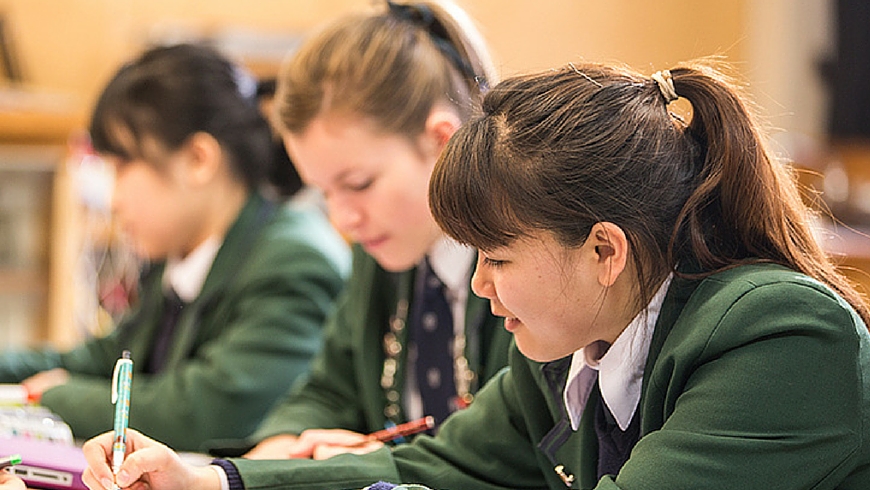The United Nations ranks New Zealand as the 7th best school-educated country in the world, just behind Germany and ahead of Canada.
- New Zealand schools are mostly quite good. The United Nations ranks New Zealand as the 7th best school-educated country in the world, just behind Germany and ahead of Canada.
- If you want to check out how good a school is, you can look it up on the Education Review Office (ERO) website. The ERO is the government department responsible for reviewing all schools in New Zealand.
- State schools are funded by – and answerable to – Government. Because of this, we call them “public schools.” They are by far the most prevalent, educating well over 80% of New Zealand kids. New Zealand is an OECD leader in terms of the proportion of Government budget allocated to education.
- Private schools are funded mainly by tuition fees, with some support from Government. Private school fees range widely from a few hundred dollars a year up to about $25,000.
- There is a new type of high school called a charter school. These are are funded by Government, but run by entirely independent organisations (usually trusts representing religious or cultural groups). They are not obliged to teach the national curriculum, nor are they answerable to Government except for fundamental, contracted outputs. They are also not required to hire qualified teachers.
- State schools are funded by government according to the relative wealth of the neighbourhoods they serve. So schools in low income areas (e.g. “decile 1”) get more funding per student than schools high income areas (e.g. “decile 10”).
- All state schools are entitled to ask for a “voluntary donation” from parents. Most of us pay it, but there is absolutely no legal requirement (although practically, the school can withhold some things, such as participation in class trips). The school sets the level of these donations, which range from about $25 per child at some decile 1 primary schools, up to a thousand dollars at some decile 10 high schools.
- The voluntary donation generally means that schools in high decile areas have more money per student than schools in low decile areas, despite getting less from the Government.
- Each state school has its own zone, from which it is more-or-less obliged to accept new students. Most state schools also have a small percentage of out-of-zone enrolments. But if you really want to get into a particular state school, you need to move into the neighbourhood.
- State schools are governed by their boards of trustees. Anyone can stand for election to a board of school trustees. Elections happen every three years. But only school parents, staff and sometimes students get to vote.

